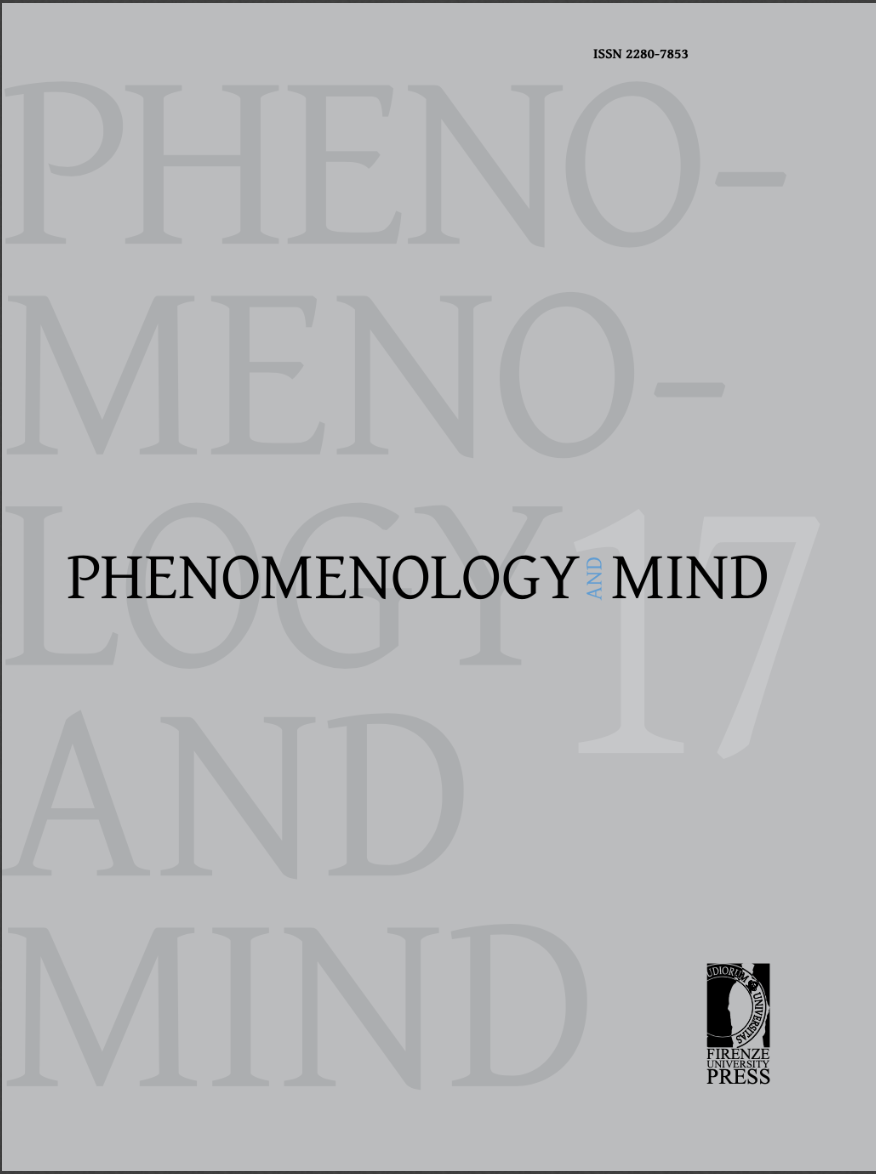Published 2017-12-30
Keywords
- K-principle,
- deontic logic,
- possible worlds,
- deontic discourse
How to Cite
Abstract
I go through various arguments why the K-principle (aka Distributivity Axiom), O(p→q)→(Op→Oq), a cornerstone of all deontic logic as the latter is standardly conceived, is of little use for the logical analysis of real-life deontic discourse. It is empirically false, I argue. Then I proceed to the question why it is so attractive, and I submit the hypothesis that to blame is Kripke semantics, making use of the imagery of possible worlds, accepted as a de facto standard in deontic logic. This semantics, however, is not attuned to the needs of controlling real-life deontic discourse, as the latter is mostly about things entirely this-worldly. For this-worldly relations possibly founding the deontic modalities the K-principle stands poor chance of working, I argue.

